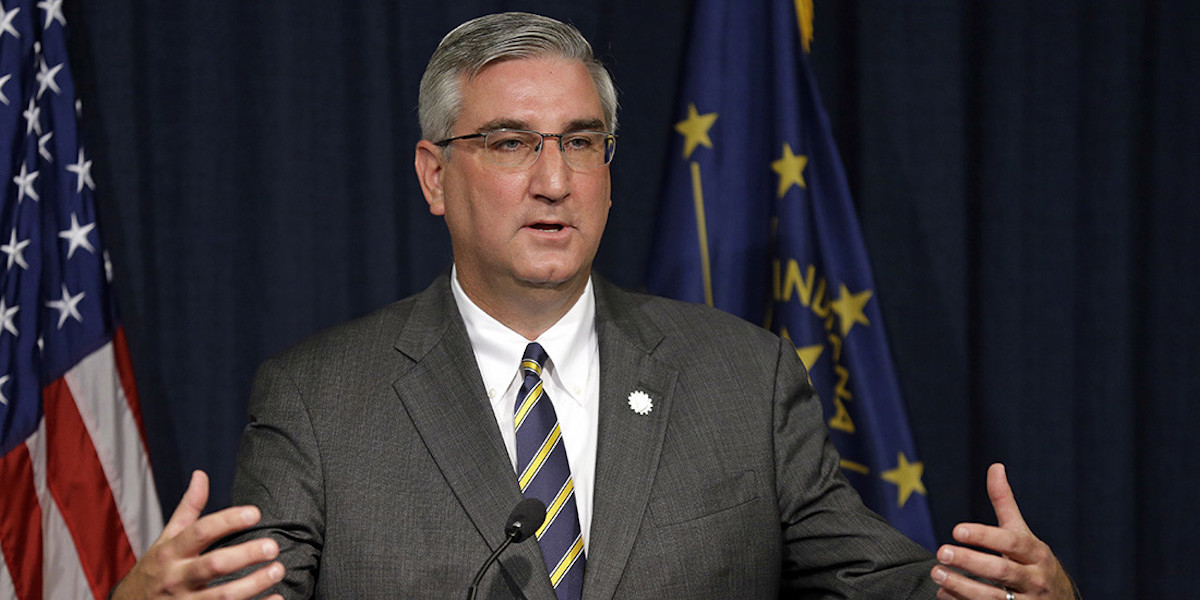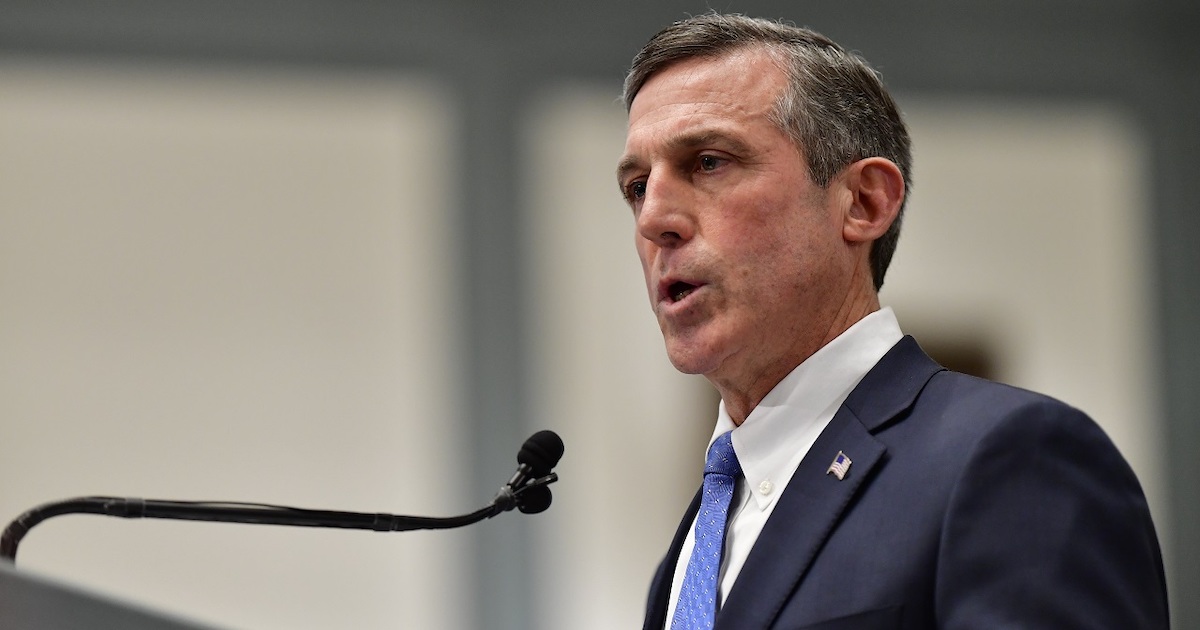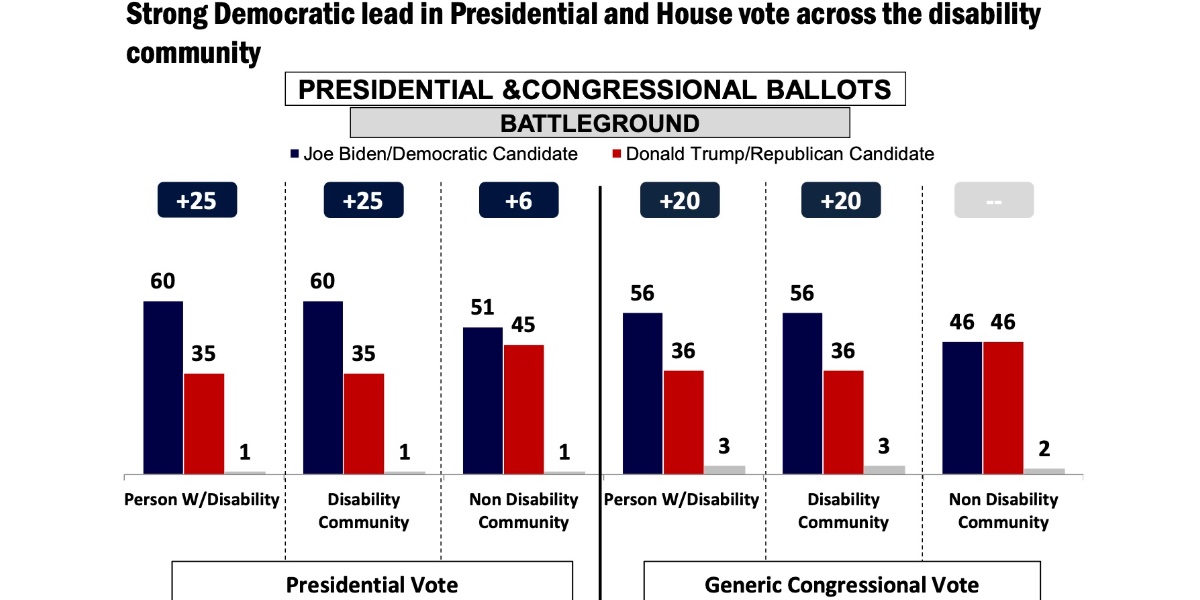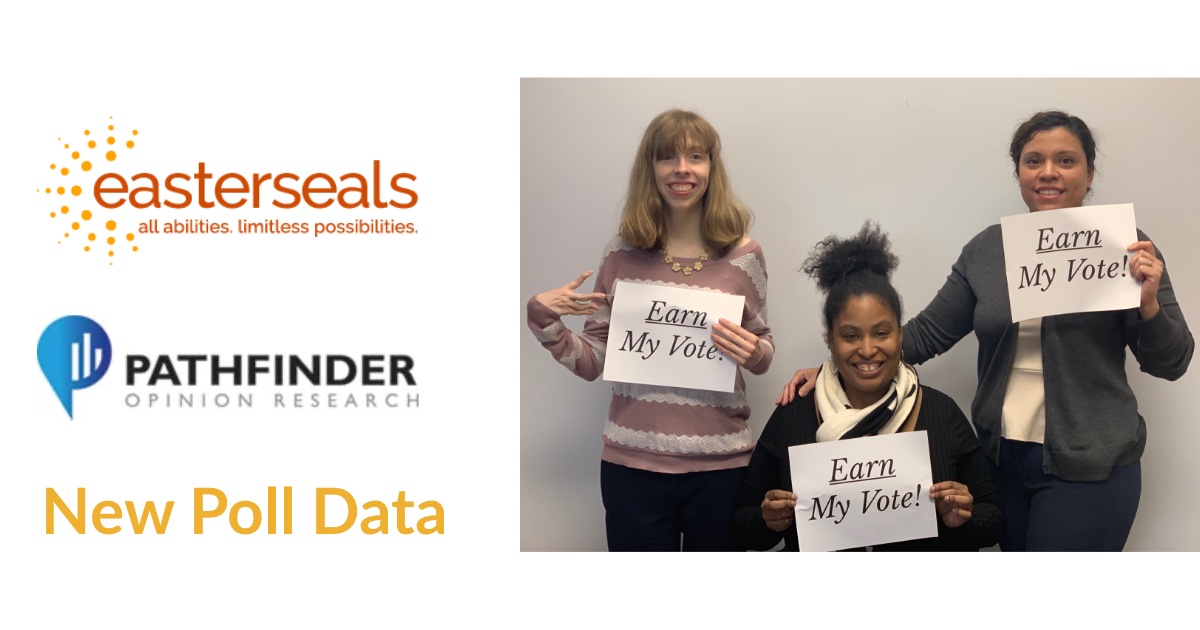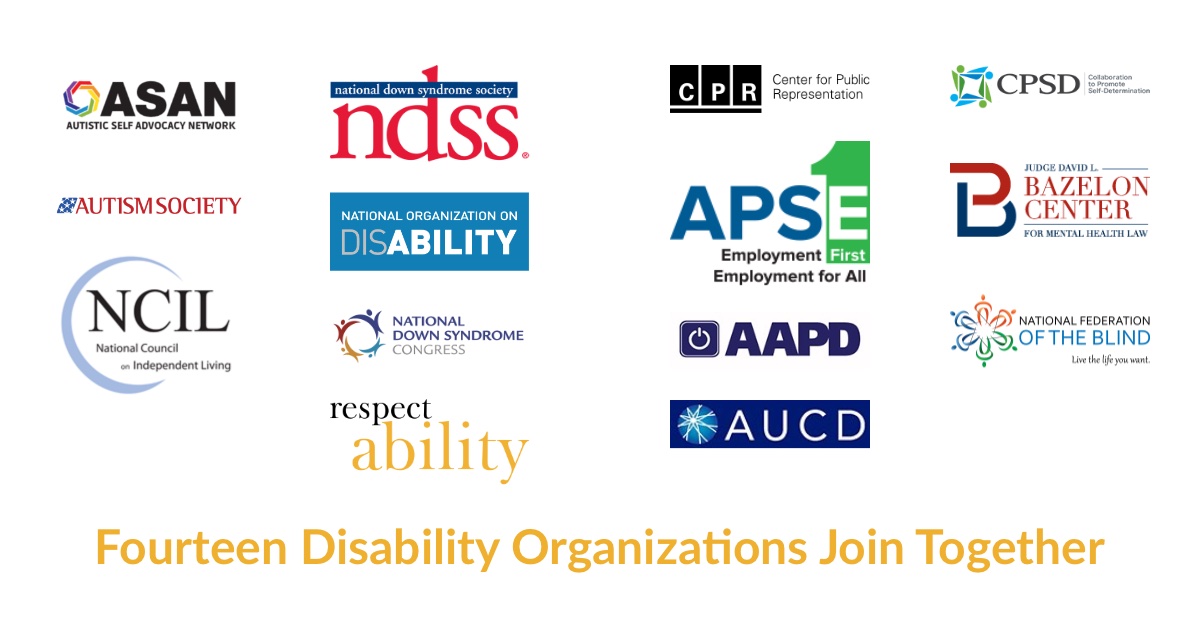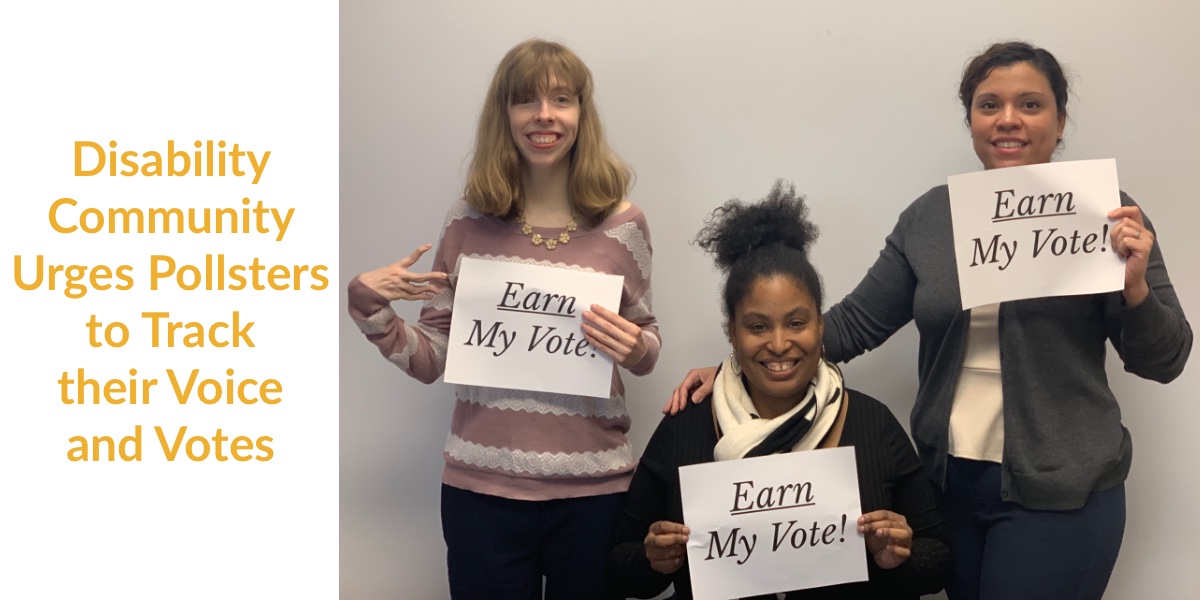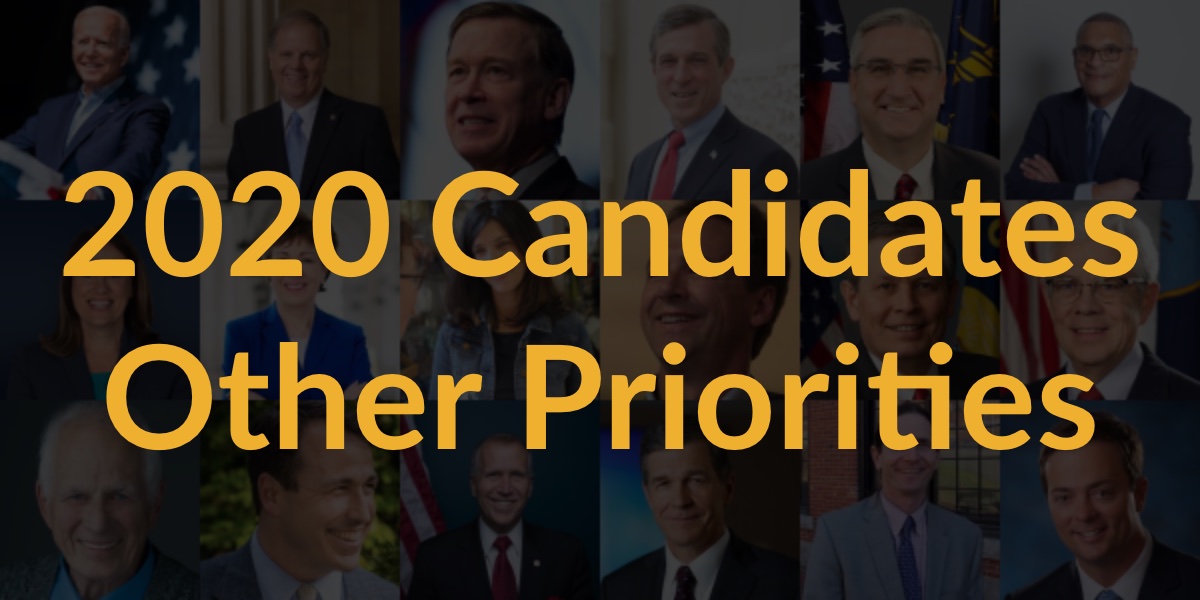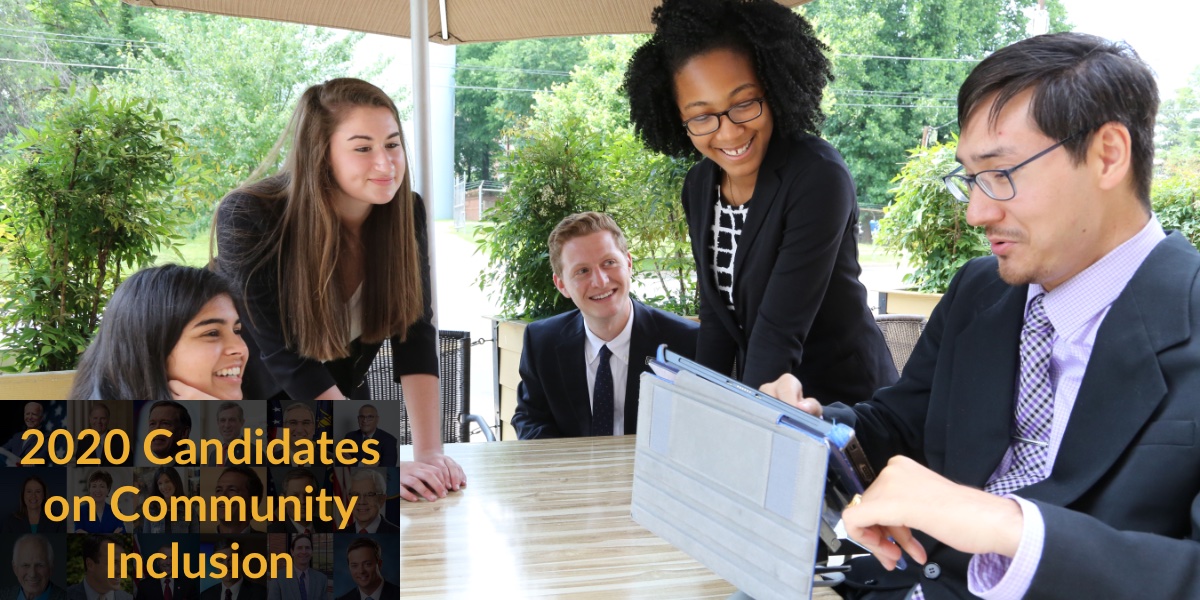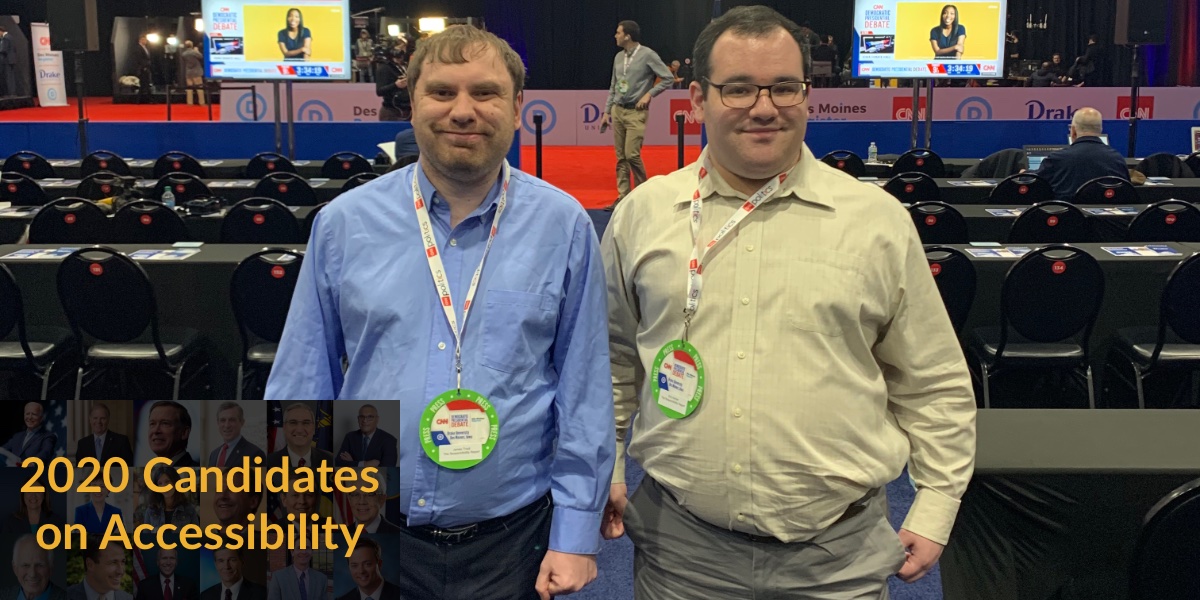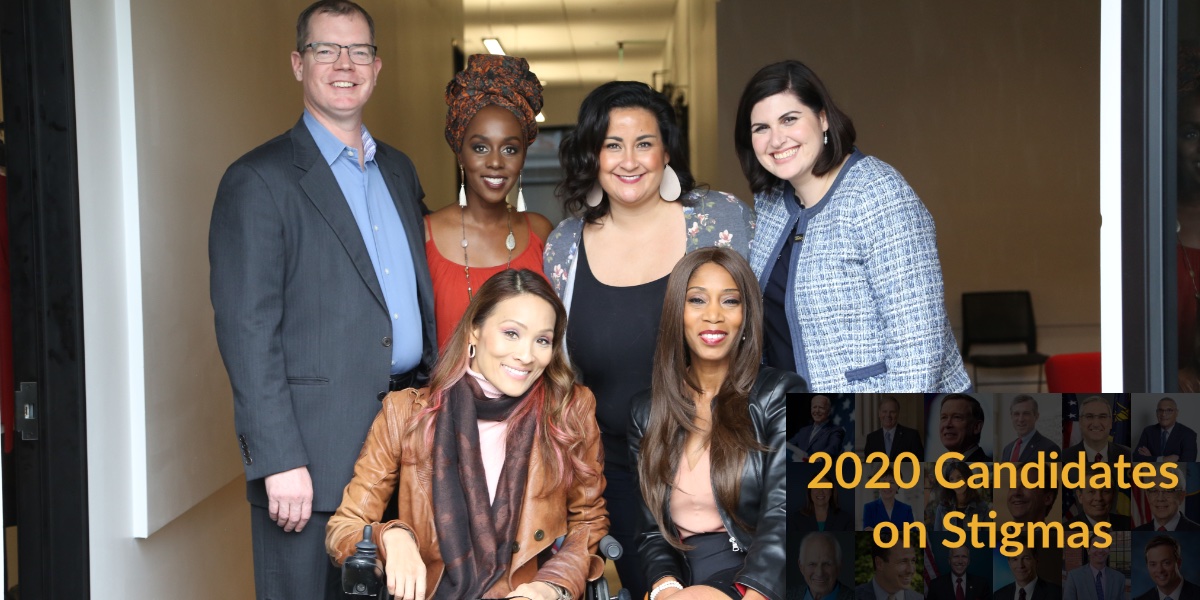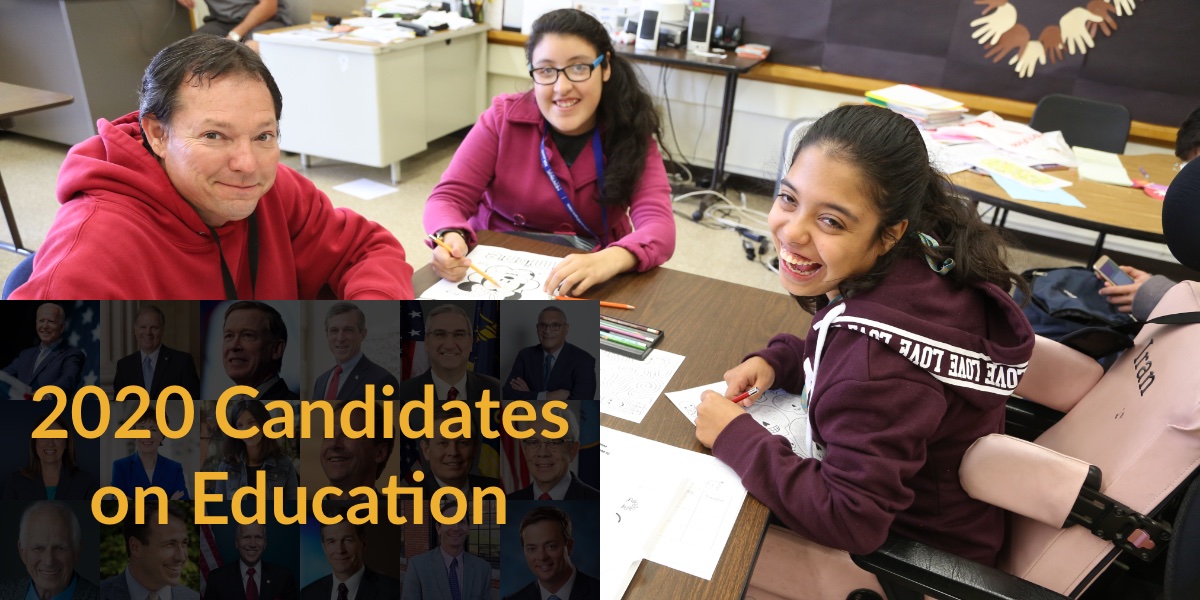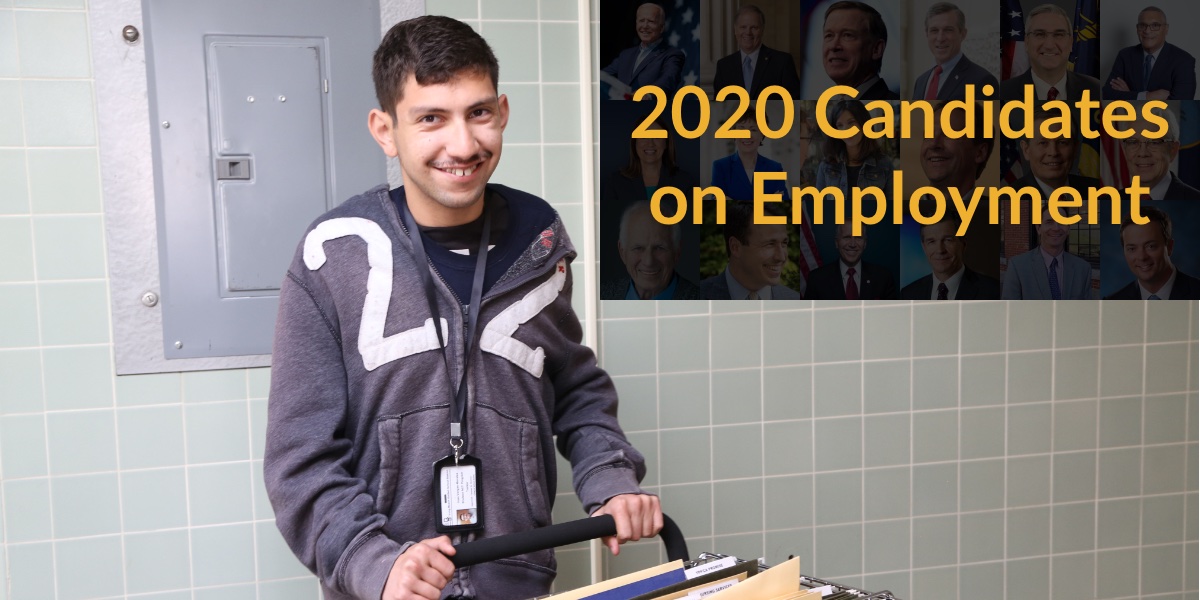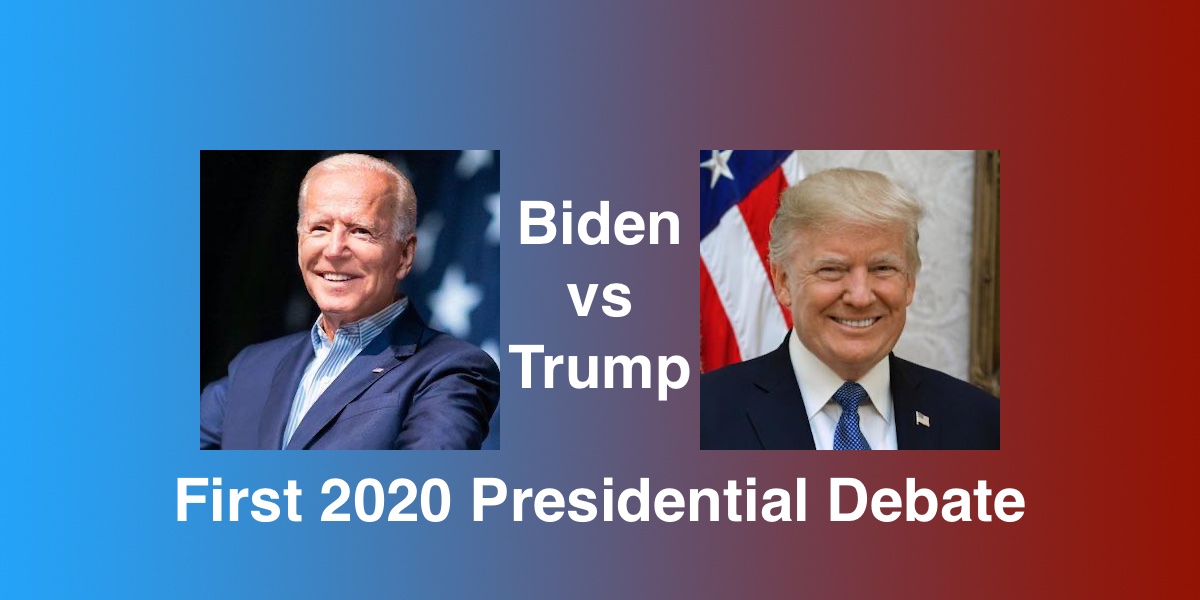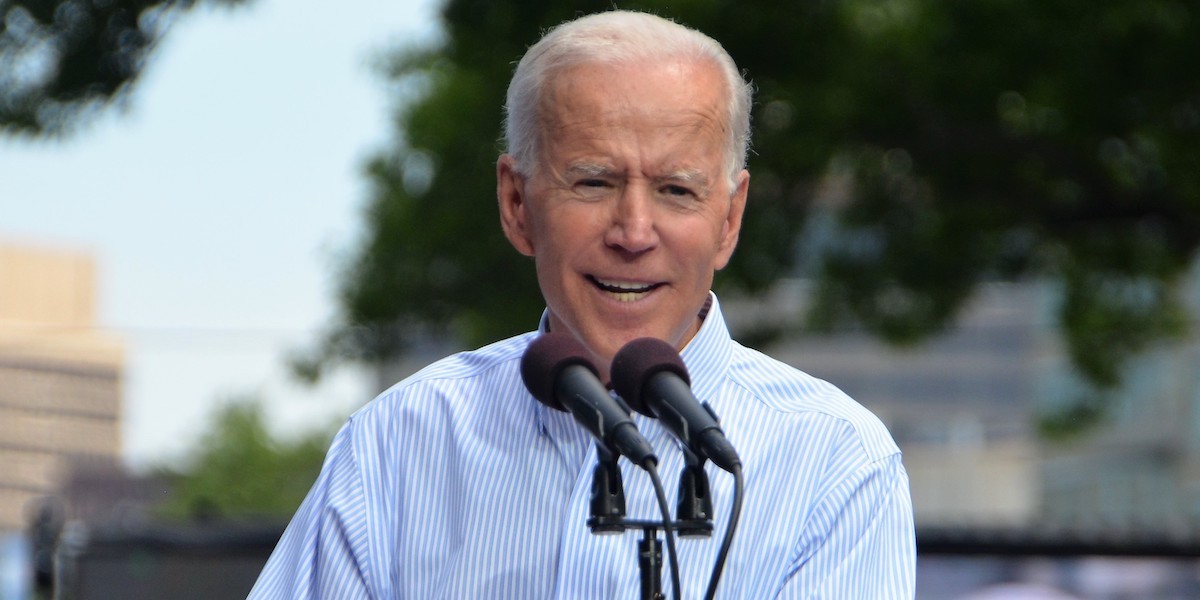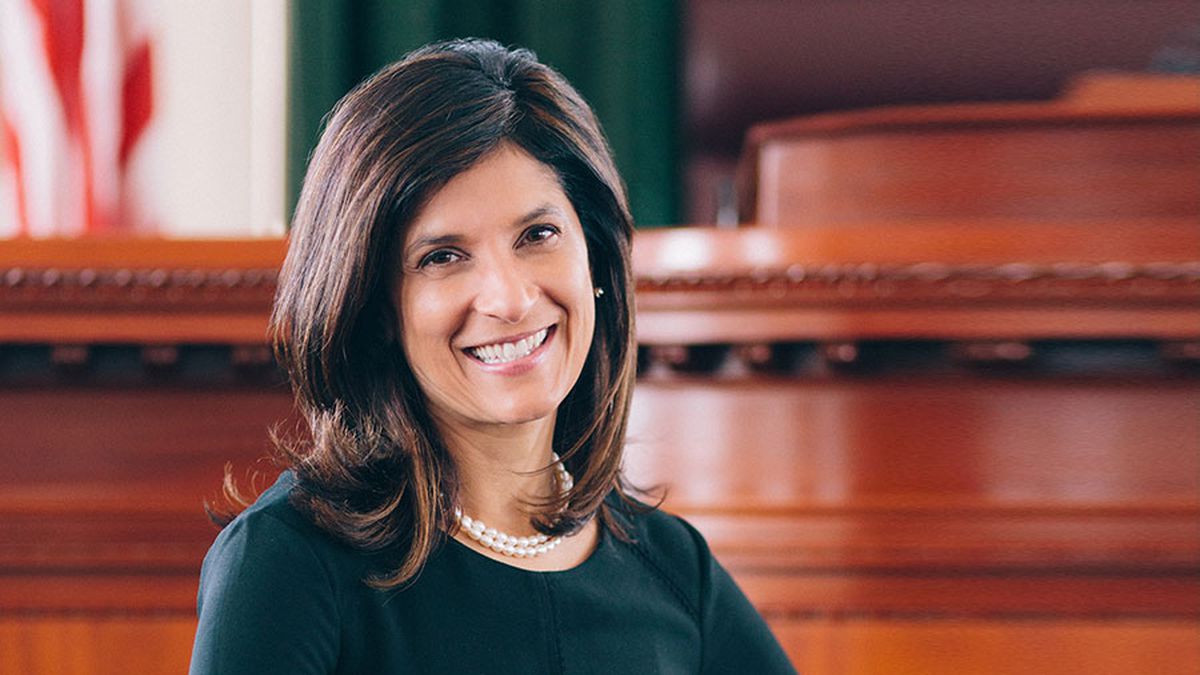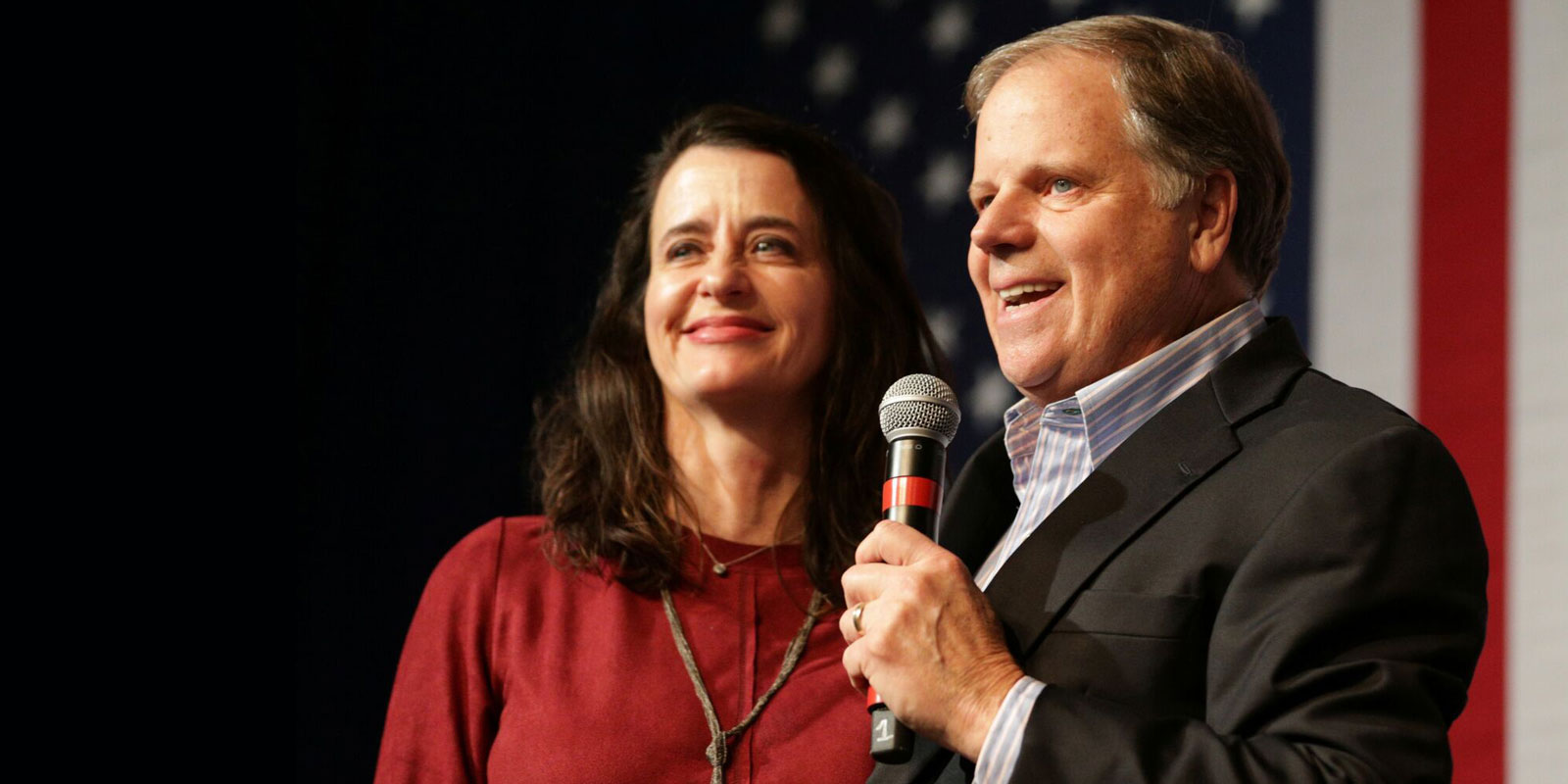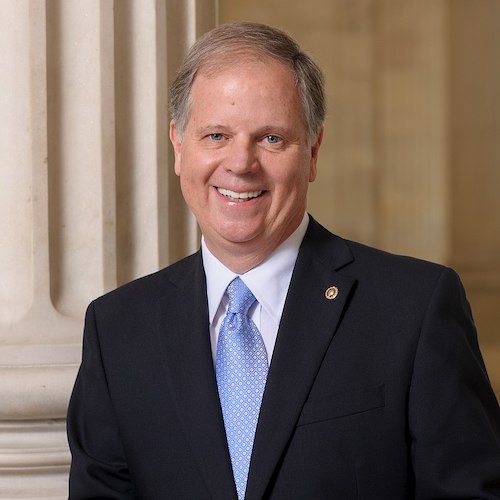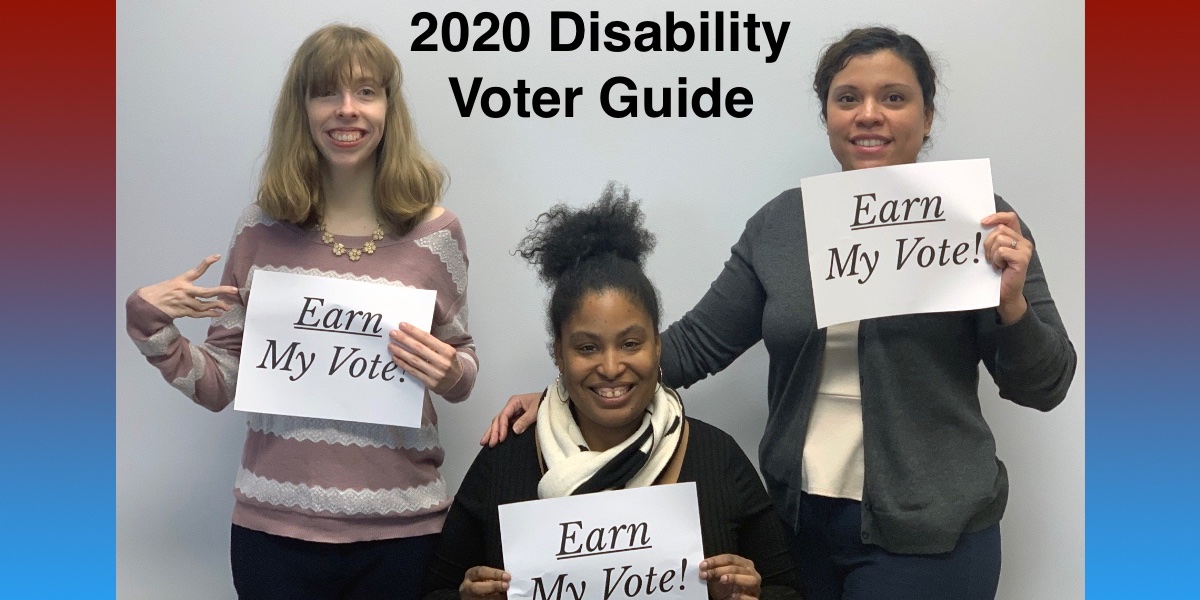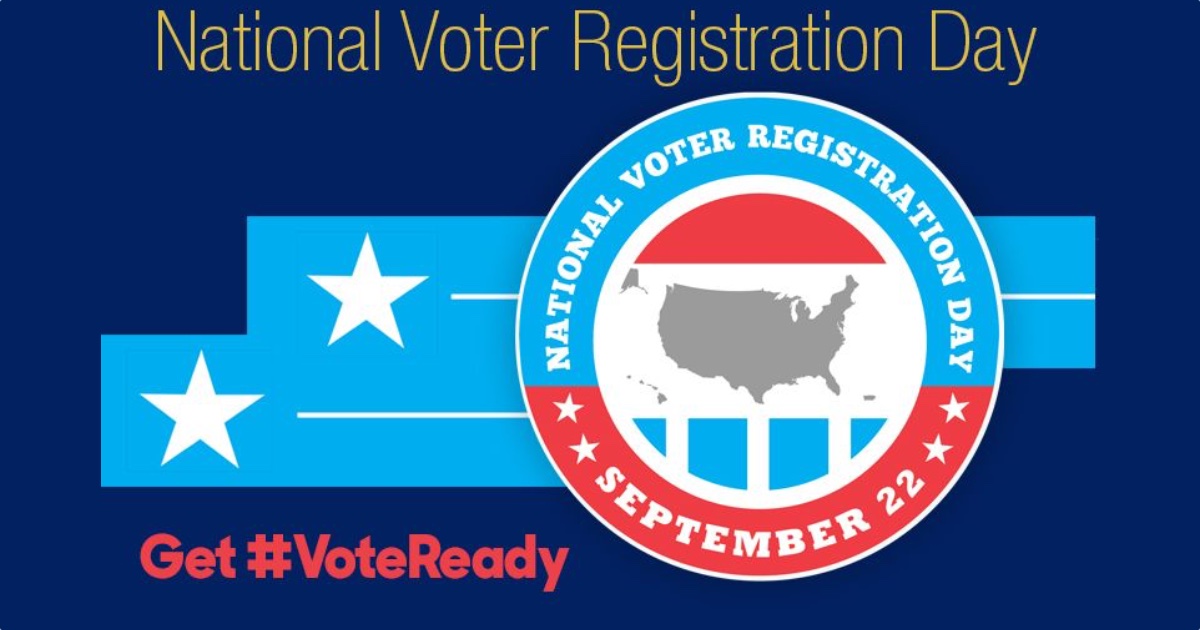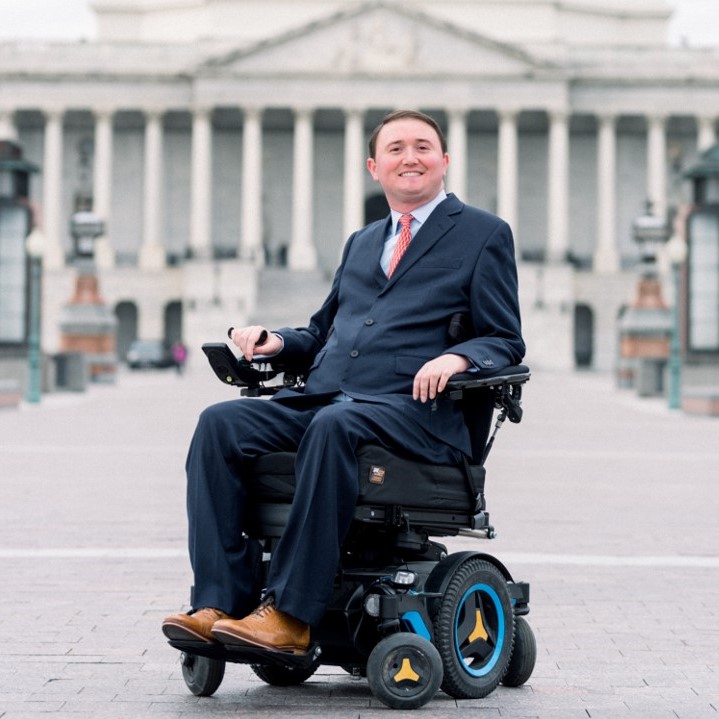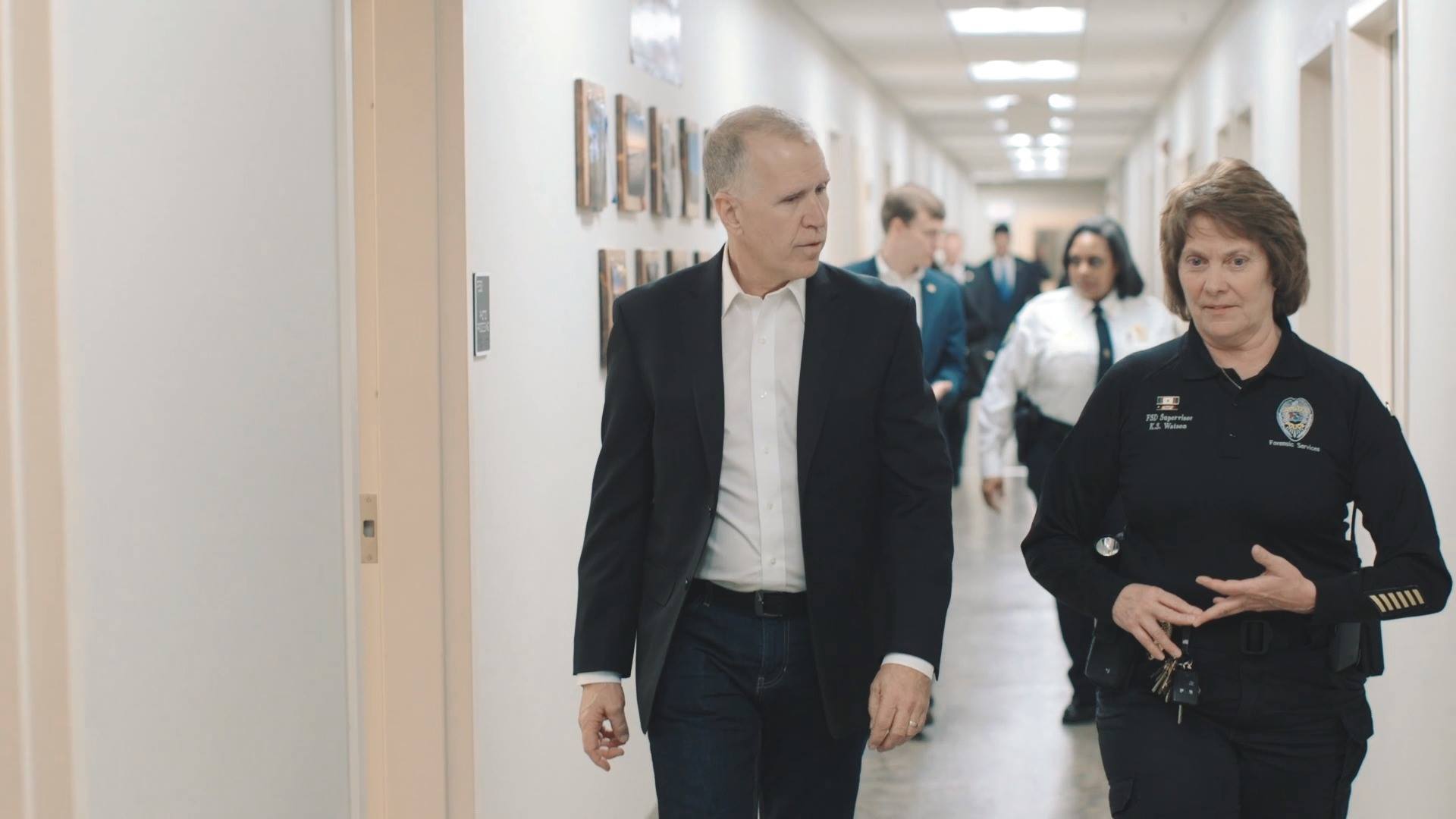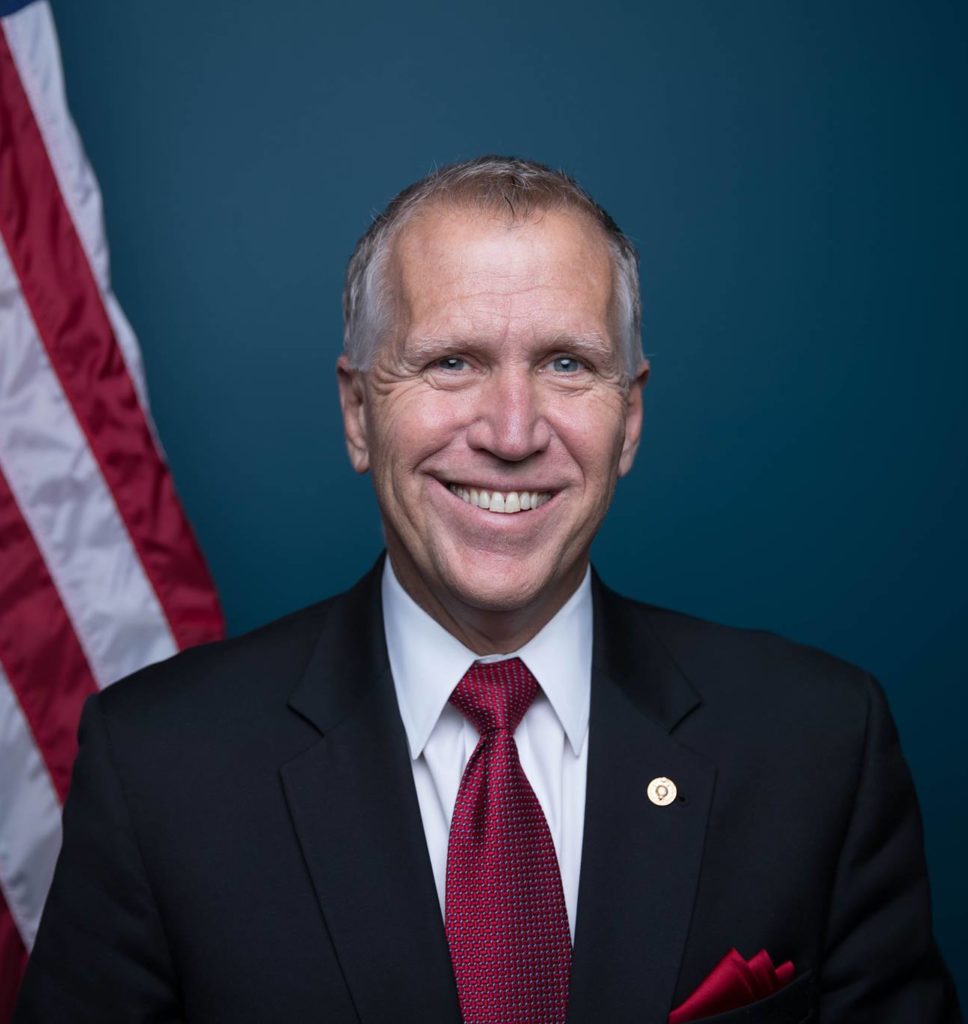Washington, D.C., Oct. 15 – Have you ever heard the expression “Nothing about us without us”? Within the disability rights community, it means that if there is something affecting people with disabilities that is being discussed or debated, the voices and lived experiences of people with disabilities need to inform that debate. The COVID-19 pandemic has cast a clear light on many of most important inequities that define American life. As such, the people most directly affected by issues such as education, jobs, prejudice, homelessness, criminal justice, poverty and other issues deserves to have their voice, insights and experiences respected and utilized in finding and implementing solutions.
Oftentimes, the solutions that the disability community brings forward can have a broad impact on the community. For instance, adding closed captioning to videos does not just help people with specific disabilities. It can also help people who speak English as a second language or senior with hearing issues. This example illustrates that America will be better off when people with disabilities can fully participate in the political process, just like anyone else.
Therefore, RespectAbility, a nonpartisan national nonprofit organization fighting stigmas and advancing opportunities so people with disabilities can participate fully in all aspects of community, has been tracking campaign accessibility issues throughout this year. This includes back during the Democratic Presidential Primary as well as during the 2018 and 2016 election cycles. You can find a full archive of campaign accessibility specific posts on The RespectAbility Report here.
Many campaigns lack basic accessibility – from websites being accessible for people using screen readers to videos lacking captions for the 37.5 million American adults who are deaf or hard of hearing. In addition, not all campaign events are ADA accessible, including parking, entrances and bathrooms. Many lacked ASL interpreters and live captioning services.
However, as disability issues have gained more attention than in past election cycles, RespectAbility has highlighted campaign accessibility in the 2020 Disability Voter Questionnaire distributed to all candidates in key Senate and gubernatorial races on both sides of the aisle. Every candidate was given an equal opportunity to respond and if they are not listed, it is because they declined to answer.
Question 3 of the Questionnaire was: What specific measures have you taken to make your campaign accessible for, and inclusive of, people with disabilities, as every issue impacts our lives?
Below, read the answers from the candidates who responded. These responses are listed alphabetically by state:
